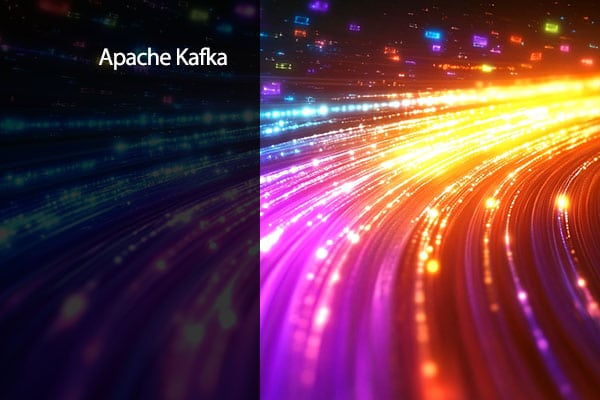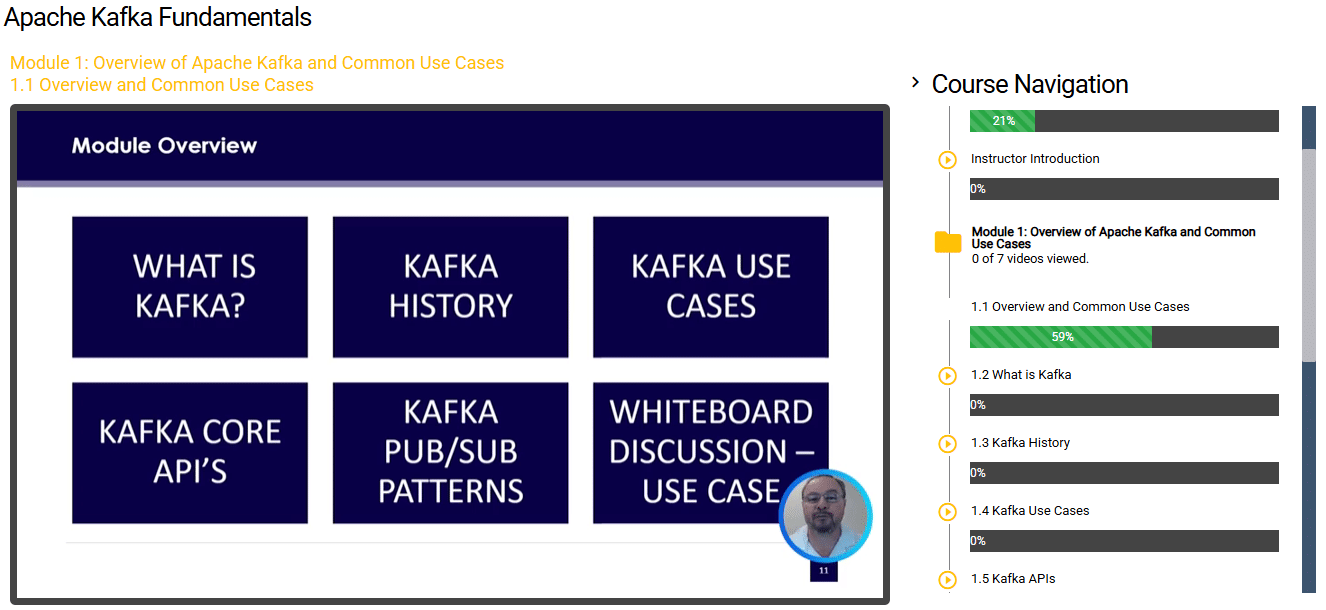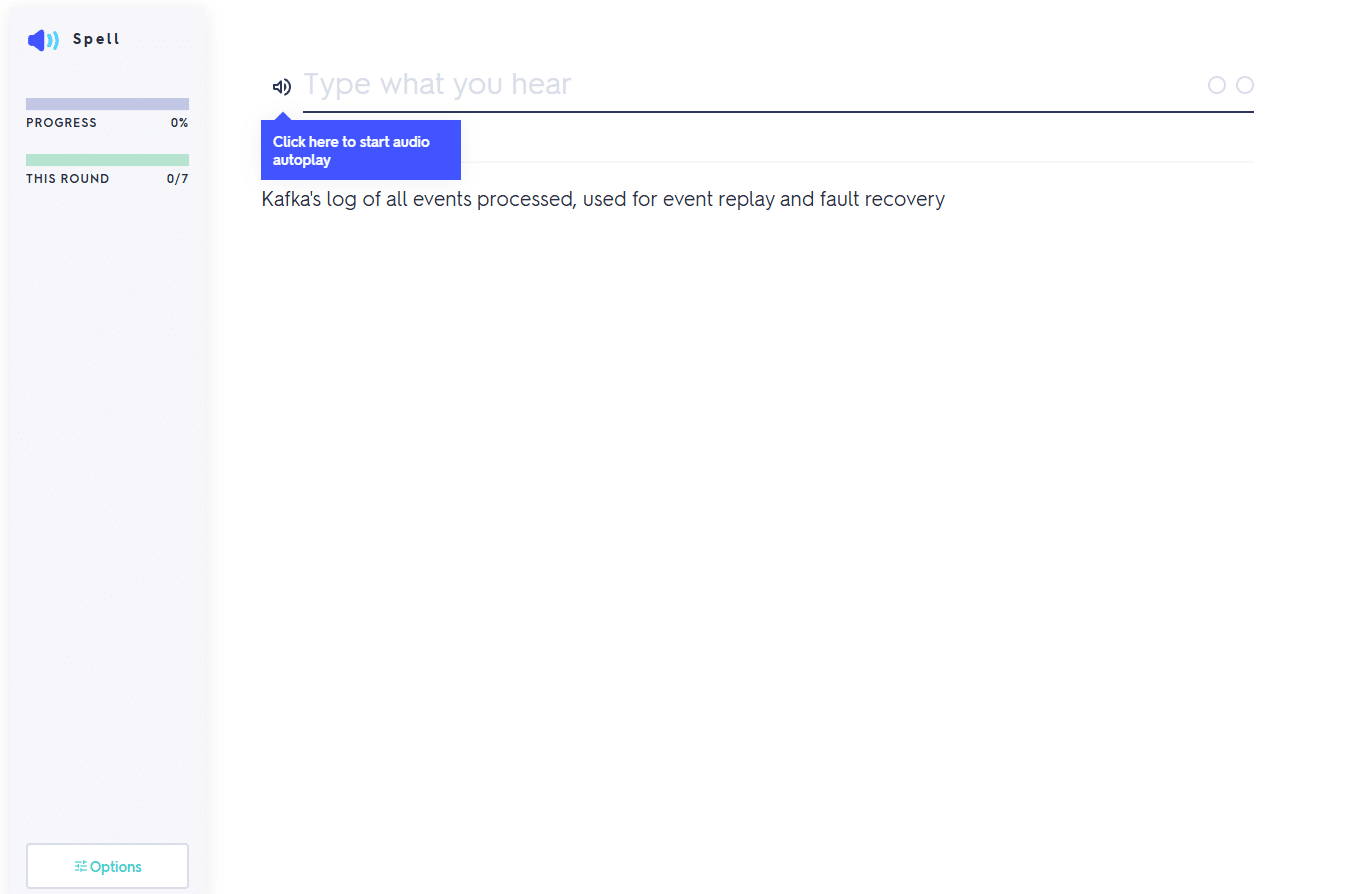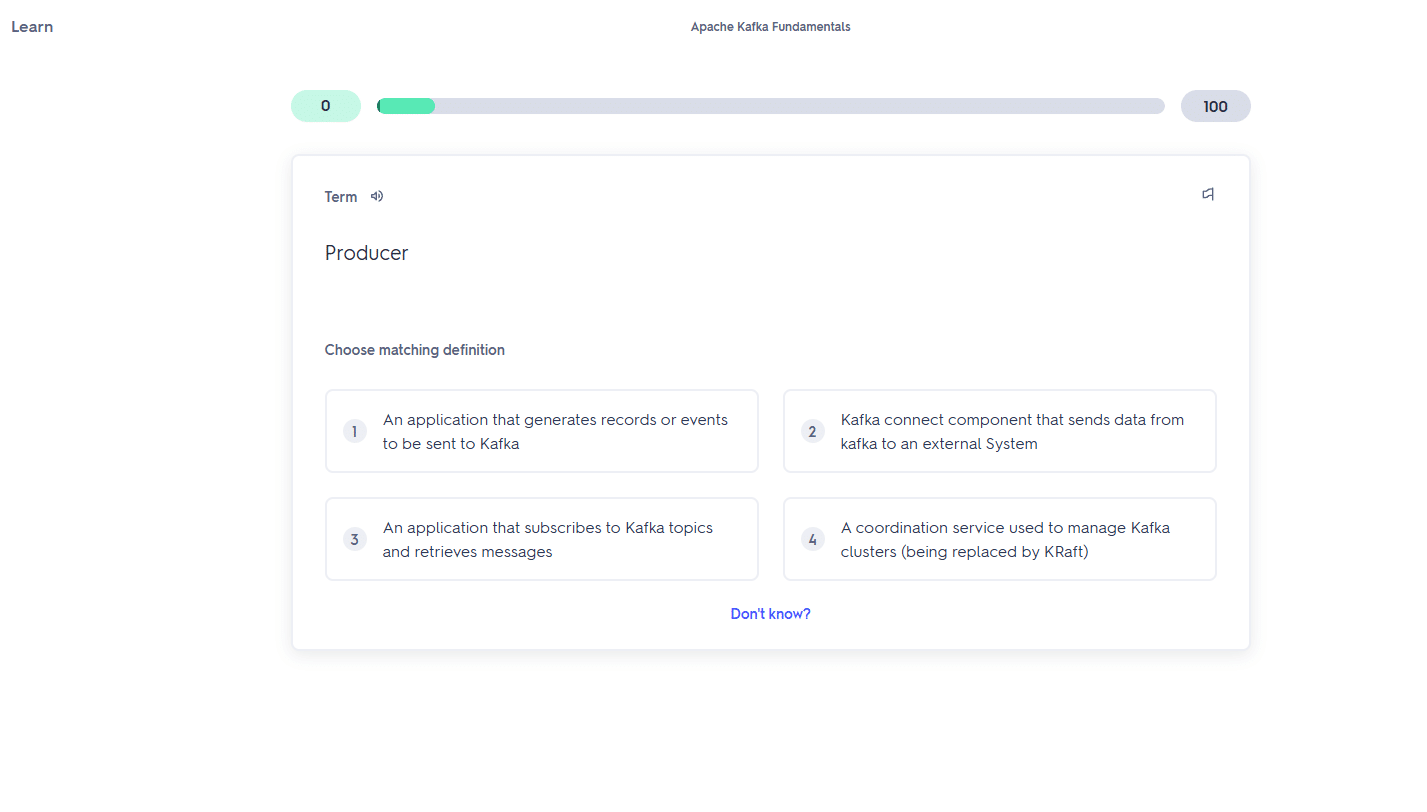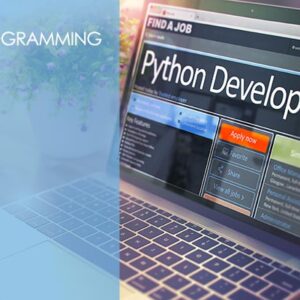Step into the world of distributed event streaming with Apache Kafka Fundamentals, the go-to course for IT professionals, data engineers, and software developers eager to leverage the power of Kafka. This course offers a comprehensive foundation in Kafka’s architecture, applications, and operational strategies, equipping you with the skills to design and deploy robust, event-driven systems at scale.
What You’ll Gain
This hands-on course is designed to provide you with both theoretical knowledge and practical experience in Apache Kafka:
- Introduction to Apache Kafka: Discover Kafka’s core purpose, evolution, and widespread applications across industries such as finance, e-commerce, and IoT.
- Kafka Architecture & Components: Understand essential concepts like event streams, topics, partitions, brokers, and clusters while exploring Kafka’s powerful architecture.
- Kafka Deployment & Configuration: Learn to install and configure Kafka in various environments, ensuring scalability and performance.
- Event Streaming & Data Processing: Master the pub-sub messaging model, Kafka Streams API, and best practices for designing resilient systems.
- Kafka Administration & Troubleshooting: Gain hands-on exp
- ertise in managing Kafka clusters, optimizing performance, and resolving common issues.
Why Take This Course?
- Comprehensive Learning Path: Covers everything from foundational principles to real-world deployment strategies.
- Practical Application: Engage in whiteboard discussions, interactive demonstrations, and hands-on labs.
- Industry-Focused Training: Learn how to integrate Kafka into enterprise solutions for data pipelines, log aggregation, and real-time analytics.
- Expert-Led Instruction: Delivered by professionals with deep expertise in distributed systems and data engineering.
Who Should Enroll?
This course is ideal for:
- IT professionals working with distributed architectures.
- Data engineers and architects managing real-time analytics solutions.
- Software developers building event-driven applications.
- Anyone looking to master Apache Kafka for enterprise-scale solutions.
Key Features
- Interactive & Engaging Content: Dive into practical exercises, real-world case studies, and guided labs.
- Actionable Insights: Gain immediately applicable skills to design, implement, and manage Kafka-powered systems.
- Flexible Learning Experience: Access course materials anytime, anywhere, and learn at your own pace.
Get Certified & Advance Your Career
The course includes a final exam to assess your expertise, and upon successful completion, you’ll earn a certificate of completion. Additionally, this training lays the groundwork for advanced Kafka Developer and Administrator certifications, giving you a competitive edge in the job market.
Enroll Today!
Take the next step in your career and become an Apache Kafka expert. Join us now to gain the essential skills for designing, deploying, and managing high-performance event streaming platforms!
Course Outline:
Apache Kafka – Introduction
Course Introduction
Instructor Introduction
Module 1: Overview of Apache Kafka and Common Use Cases
1.1 Overview and Common Use Cases
1.2 What is Kafka
1.3 Kafka History
1.4 Kafka Use Cases
1.5 Kafka APIs
1.6 Kafka Pub Sub Patterns
1.7 Whiteboard Discussion- Use Case
Module 2: Kafka Core Concepts
2.1 Kafka Core Concepts
2.2 The Importance of Event Data Streams
2.3 Kafka Messaging, Topics, Partitions and Segments
2.4 Whiteboard – Kafka Components
2.5 Whiteboard – Brokers and Clusters
2.6 Kafka Streams and Patterns
2.7 Whiteboard – Zookeeper and Kraft
2.8 Demonstration – Kafka Connect
2.9 Whiteboard- – Architecture Deep Dive
2.10 Whiteboard – Kafka Design Patterns
Module 3: Installing and Deploying Kafka
3.1 Installing and Deploying Kafka
3.2 Demonstration – Kafka Resources and Licensing
3.3 Demonstration – Kafka Installation Options, Considerations and Requirements
3.4 Demonstration – Deployment and Environment
3.5 Demonstration – Starting Kafka
3.6 Demonstration – Terminating Kafka Environment
3.7 Whiteboard – Connections and Processing Events
3.8 Additional Resources
3.9 Putting it all together – Course Review
Frequently Asked Questions Related to Apache Kafka
Apache Kafka is used to process and move data in real time. It helps businesses build systems that handle continuous streams of data, such as tracking website activity, monitoring systems, processing financial transactions, and enabling real-time analytics.
Kafka has several key components:
Brokers: Servers that store and manage data.
Topics: Categories where messages are stored.
Partitions: Sections within topics that help distribute data for faster processing.
Producers: Applications that send data to Kafka.
Consumers: Applications that receive and process data from Kafka.
Zookeeper (or Kraft in newer versions): Helps manage Kafka’s servers and keeps track of their status.
These parts work together to handle large amounts of data efficiently.
Kafka follows a publish-subscribe model:
Producers send messages to topics.
Messages are stored in partitions, allowing multiple consumers to process them at the same time.
Consumers subscribe to topics and read messages when needed.
Unlike traditional message queues, Kafka stores messages for a set time, so they can be reprocessed if needed.
Kafka is used in many industries for handling real-time data, such as:
Real-time data pipelines: Moving data between apps and databases.
Log monitoring: Collecting and analyzing system logs.
Financial transactions: Processing bank payments and stock trades.
IoT data streaming: Managing live data from sensors and smart devices.
Microservices communication: Helping small services talk to each other efficiently.
Kafka is great for businesses that need to process large amounts of data quickly.
Kafka helps businesses manage and process real-time data efficiently. It allows companies to build systems that handle large amounts of information, ensuring scalability, reliability, and speed. It’s widely used in industries like finance, e-commerce, and telecommunications to power real-time analytics, automation, and data movement between applications.
Your Training Instructor

Joe Holbrook
Independent Trainer | Consultant | Author
Joe Holbrook has been working in the IT industry since 1993 when he first gained experience with HPUX systems aboard a U.S. Navy flagship. Over the years, he transitioned from UNIX environments to Storage Area Networking (SAN), Enterprise Virtualization, and Cloud Architectures. Today, he specializes in Blockchain and Cryptocurrency. Throughout his career, he has worked with several leading companies, including HDS, 3PAR, Brocade, HP, EMC, Northrop Grumman, ViON, Ibasis.net, Chematch.com, SAIC, and Siemens Nixdorf.
Currently, Joe serves as a Subject Matter Expert in Enterprise Cloud and Blockchain Technologies. He is also the Chief Learning Officer (CLO) of Techcommanders.com, an e-learning and consulting platform. He holds multiple IT certifications from AWS, GCP, HDS, and other organizations.
As a passionate speaker and well-known course author, Joe continues to share his expertise. He currently resides in Jacksonville, Florida.
